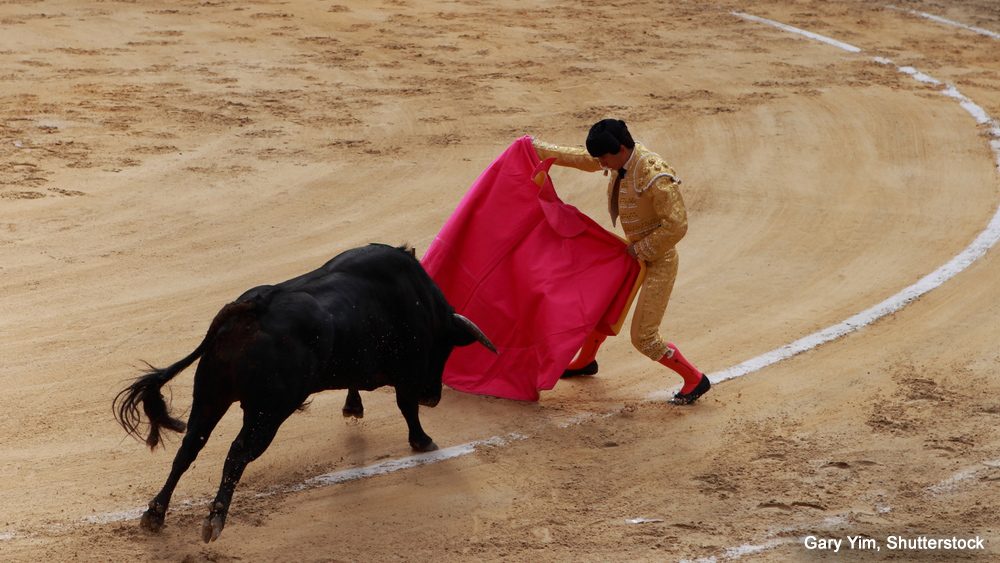
Sep 14, 2023 UN Support for Children, Animals, and Healthy Development
In 1989, T Berry Brazelton, American pediatrician and author of numerous popular infant development and child-care books, was a plenary speaker at an international human-animal bond conference in Monaco. His talk included comments on an infant’s attraction to and affinity with animals. He noted that an infant’s behavior interacting with the parents differs for the mother and the father. Dr. Brazelton speculated that there might be a different set of infant behaviors for a family pet. He also stated that the presence of a pet in a family is one of the best predictors that a child will experience healthy cognitive and affective development.
While there is little direct research on the impact of pets on the development of empathy and caring in children, there is growing evidence that there may be adverse consequences for children who witness violence to animals. The development of “link” studies and literature examining the impact of violence against animals on the social development of children has led to several initiatives to protect children from witnessing violence against animals.
For example, a 2021 article in WellBeing News described efforts to persuade the UN to discourage the presence of children at bullfights. Malcolm Plant of the European Link Coalition has spearheaded efforts to persuade the UN Committee on the Rights of the Child to speak out against children witnessing the culling of animals (e.g., stray dogs) because of potential adverse impacts on the children. Those efforts have now resulted in the UN Committee on the Rights of the Child adopting General Comment 26, which includes the following statement, “Children must be protected from all forms of physical and psychological violence and exposure to violence, such as domestic violence or violence inflicted on animals” (Clause G35 in CRC/C/GC/26).
According to a report by the European Link Coalition, the language in the UN’s new “General Comment 26” resulted from an outreach to the authorities in Tunisia and Azerbaijan requesting them to prevent children from being exposed to homeless animal management activities (namely, the culling of street dogs). These requests aimed to extend the Committee’s previous recommendations that children should not be exposed to bullfighting because of possible “harmful effects” on children.
In a recent email, Les Ward of the Jeanne Marchig Foundation called the development and publication of General Comment 26 a “historic moment” for children and animals. He urged International Animal Welfare Protection Coalition members to follow up by urging governments in their countries to implement the new guidance on preventing children from observing violence against animals.
[Note: UN “General Comments” are issued infrequently. According to the UN, a General Comment is a mechanism used by the UN Human Rights Committee to assist in interpreting and implementing human rights conventions, such as the UN Convention on the Rights of the Child.]


